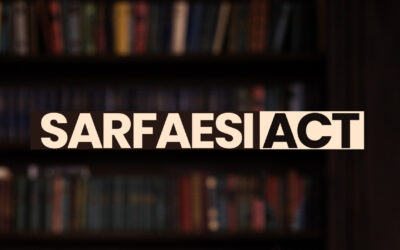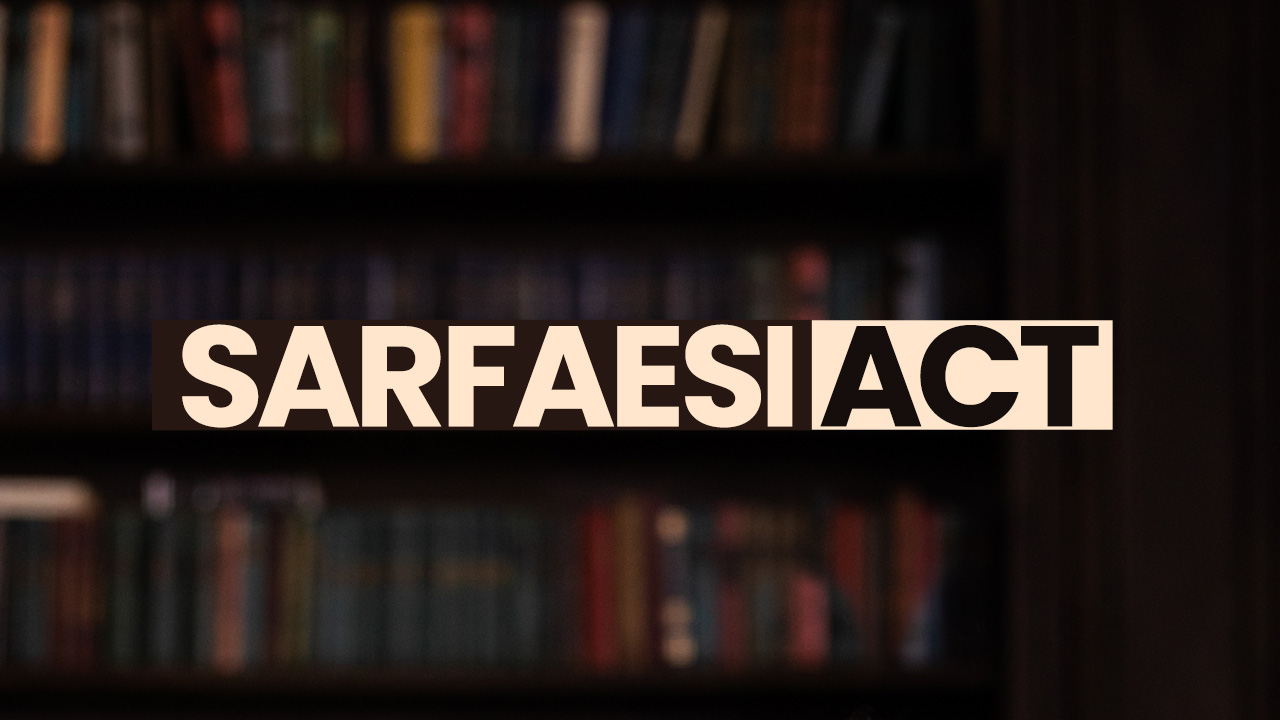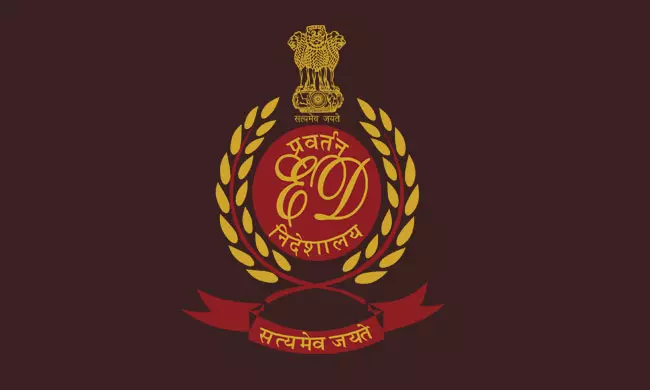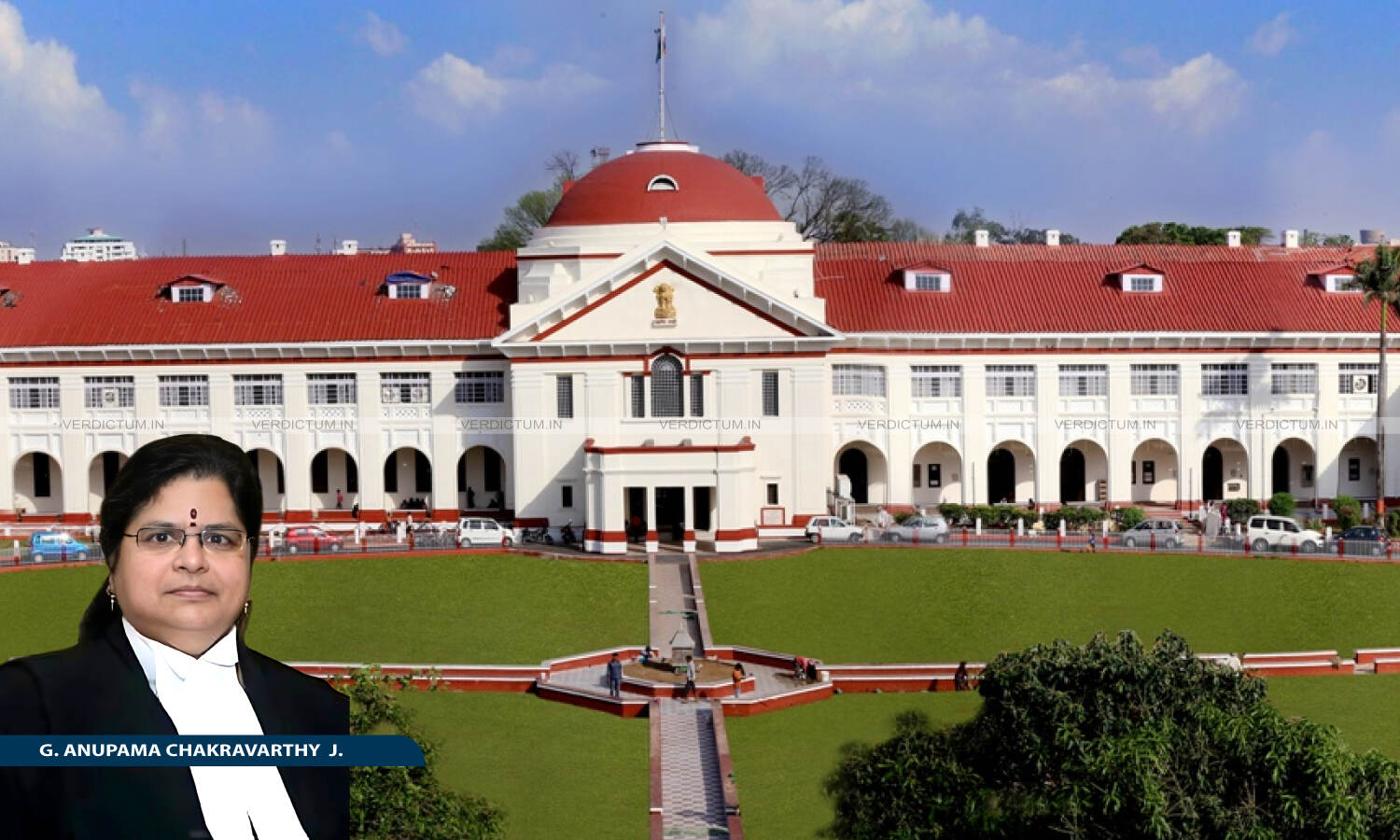Revisiting Forgotten Proviso To Section 20(1) Of Trade Marks Act, 1999


In a significant decision earlier this month, the Bombay High Court revisited a frequently overlooked provision of the Trade Marks Act, 1999, namely the proviso to Section 20(1). The case, Yamaha Hatsudoki Kabushiki Kaisha v. The Registrar of Trade Marks[1], challenges not just a refusal order but the manner in which trademark examiners approach applications involving potential conflicts with existing marks. At the heart of the matter was Yamaha’s attempt to register the word mark “WR” in Class 12 (motor vehicles), which was refused due to the perceived similarity with Honda’s already existing registered trademark “WR-V”.
What distinguishes this judgment is not just the outcome, namely the setting aside the Registrar’s refusal, but the detailed analysis of the statutory discretion available to the Registrar when faced with competing considerations. The Court’s discussion on the proviso to Section 20(1), a provision rarely discussed in trademark litigation context, provides valuable judicial guidance on the manner in which such discretion ought to be exercised, particularly in complex factual situations.
Facts of the Case
Yamaha had adopted the mark “WR” for its off-road motorcycles as early as 1990. Over the years, Yamaha’s WR series has earned global recognition, with registrations in over 60 countries, widespread commercial use, and even design awards. In 2018, Yamaha filed for registration of the WR mark in India under Class 12. The Registrar objected, citing the potential for confusion with Honda’s existing “WR-V” mark, also registered in the same class.
In response, Yamaha submitted detailed evidence, including prior international use of the WR mark, instances of peaceful coexistence with WR-V in multiple jurisdictions, and proof of visibility among Indian consumers via digital platforms. Despite this, in 2021, the Registrar issued a refusal order in 2021, concluding, without detailed reasoning, that a likelihood of confusion existed under Section 11(1) of the Trade Marks Act.
The Court’s criticism of the Registrar’s handling of the matter.
Justice Manish Pitale of the Bombay High Court criticised the Registrar’s handling of the matter. While acknowledging that “WR” and “WR-V” may prima facie appear visually and phonetically similar, the Court emphasized that the examination could not end there. Trademark adjudication, the Court reminded, is not a mere “ministerial act” but one requiring a “deliberate and conscious application of mind”.
The Court found that Yamaha had submitted substantial material that could have justified a different course of action, particularly under the proviso to Section 20(1) of the Act, which empowers the Registrar to direct advertisement of a mark before acceptance, even in the face of objections under Sections 9 or 11, provided exceptional circumstances exist.
In this case, the Registrar failed to invoke that discretionary power. The impugned order made no reference to the international reputation of Yamaha’s WR series, its peaceful coexistence with Honda’s WR-V in various jurisdictions, or the likelihood that Indian consumers were already familiar with the WR mark. The Court held that this omission constituted a serious procedural lapse.
The Forgotten Proviso to Section 20(1)
The highlight in this case is undoubtedly the proviso to Section 20(1), which reads:
“…Provided that the Registrar may cause the application to be advertised before acceptance if he considers it expedient by reason of any exceptional circumstances.”
The Court noted that this statutory mechanism is meant to be invoked when the examiner cannot conclusively determine the registrability of a mark, yet credible material exists to justify public scrutiny through the opposition process. In such cases, rather than outright rejecting an application, the Registrar may opt to advertise the mark prior to acceptance, thereby inviting objections from third parties.
This is not a mere procedural formality, but it serves as a safeguard. The proviso facilitates a balanced approach when dealing with grey-area cases. As the Delhi High Court observed in Jai Bhagwan Gupta v. Registrar of Trade Marks & Ors.[2], this power should be exercised sparingly and with caution. Advertising before acceptance is the exception.
In Yamaha’s case, the Court concluded that the circumstances clearly justified invocation of this proviso. The Registrar’s failure to even consider this option or to provide any reasoning for its non-application was held to be a significant procedural lapse, rendering the refusal order legally vulnerable.
Statutory Discretion is not ceremonial
The Court’s decision is also a timely reminder that the Trade Marks Registry must not treat its discretion as ceremonial. When an applicant places substantial and relevant material before the Registrar, particularly material showing global reputation, prior use, and the coexistence of similar marks internationally, the examiner is duty-bound to provide a reasoned response. A rejection based on mechanical application of Section 11(1) without addressing the applicant’s evidence undermines the fairness of the registration process.
Justice Pitale quoted the Delhi High Court’s ruling in Jai Bhagwan Gupta to underline this point:
“A mechanical advertisement of marks even when it is clear that the same ought not to proceed for registration, is contrary to the maintenance of the purity of the Register.”
In Jai Bhagwan Gupta case, the Court had held that when credible material exists but there remains doubt about registration, the Registrar must at least record why the mark is not being advertised before acceptance. In Yamaha’s case, this procedural safeguard was not even considered.
Transborder Reputation: Milmet and Whirlpool analysed
The judgment also revived discussion on another important area of trademark law, namely, transborder reputation. Yamaha had relied on the Supreme Court’s ruling in Milmet Oftho Industries v. Allergan Inc.[3], which held that prior international use and reputation could not be ignored, especially when the mark had a demonstrable presence in India through advertising or spillover goodwill.
In N.R. Dongre v. Whirlpool Corporation[4], too, the Supreme Court accepted that reputation acquired abroad could extend to India even in the absence of actual sales. The Court acknowledged that advertising in international magazines, widely circulated in India, could create sufficient brand recall to invoke the doctrine of passing off.
The Bombay High Court applied this line of reasoning, stating that Yamaha’s global registrations, longstanding use, and online presence indicated a reasonable claim of transborder goodwill. Interestingly, the Registrar’s order did not even attempt to consider this judicial precedent, again exposing the lack of judicial application of mind in the examination process.
By setting aside the Registrar’s order and directing advertisement before acceptance under the proviso to Section 20(1), the Court has not only granted relief to Yamaha but also issued an institutional call for reform in trademark examination practices. The Registrar is not expected to rubber-stamp objections under Section 11(1), nor can they ignore viable options afforded by the statute.
This case may well become a reference point for future applicants seeking to rely on international use, coexistence evidence, or a thoughtful interpretation of the Trademarks Act. More importantly, it repositions the proviso to Section 20(1) from an underutilised legal provision to a to a meaningful procedural safeguard for resolving conflicts without premature rejection.
In a legal environment where the purity of the register must be preserved, but not at the cost of fairness to legitimate applicants, the Yamaha judgment restores balance and reminds us that that discretion is an integral part of disciplined decision-making.
The author is a Professor of Practice, at Alliance School of Law & Founder Suns Legal IP Law Firm. Views are personal.
[1] Yamaha Hatsudoki Kabushiki Kaisha v. The Registrar of Trade Marks. Commercial Miscellaneous Petition No. 650 of 2022. Bombay High Court, 13 June 2025.
[2] Jai Bhagwan Gupta v. Registrar of Trade Marks & Ors. 2020 SCC OnLine Del 2634.
[3] Milmet Oftho Industries & Ors. v. Allergan Inc. (2004) 12 SCC 624.
[4] N.R. Dongre and Ors. v. Whirlpool Corporation and Anr. 1996 (16) PTC 583 (SC).





